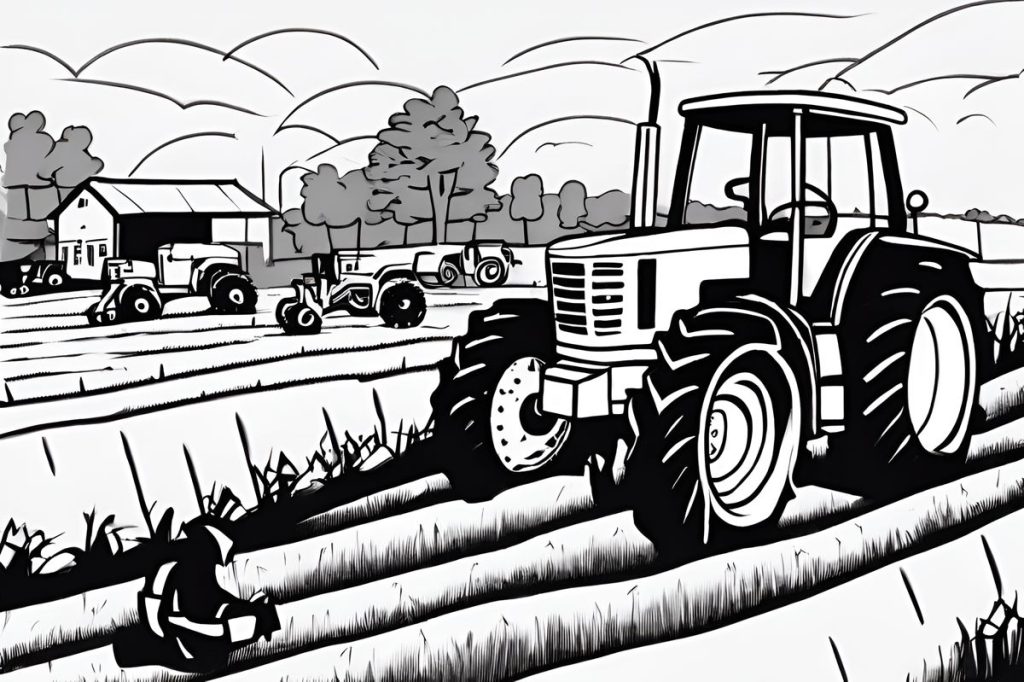Tensions soar in Northern Cyprus as trade unionists threaten a general strike over government-approved meat imports from the Netherlands. Local farmers protest against the decision, fearing for their livelihoods and demanding a reversal to protect their heritage and industry.
What is causing the threat of a general strike among Turkish Cypriot trade unionists?
Turkish Cypriot trade unionists threaten a general strike in response to the government’s decision to allow meat imports from the Netherlands. This has incited protests, as local farmers fear for their livelihoods and demand the decision be retracted to protect their heritage and industry.
Unrest Among Turkish Cypriot Trade Unionists
Trade unionists in the Turkish Cypriot community are teetering on the brink of a general strike. This drastic action comes in response to the government’s contentious decision to allow meat imports from the Netherlands. The ultimatum is clear: retract the decision by Friday or face widespread industrial action. Farmers have signaled their disapproval robustly; for four days, agricultural machinery has been a fixture outside government buildings, a silent yet powerful protest.
Thursday saw these tensions escalate. The air was thick with the scent of burning tyres, a clear message of the farmers’ dismay. As tractors lined the streets, the government’s resolve was put to the test. The farmers’ anger was palpable, fueled by a feeling of betrayal and fear for their livelihoods amidst the proposed importation plans.
Escalating Protests
The situation intensified rapidly when protesters descended upon northern Nicosia at the start of the week, promising an “indefinite” stand against the government’s policy. By Tuesday, their frustrations boiled over as they shattered the gates of the prime minister’s office. This was followed on Wednesday by a similar act of defiance at the transport ministry. The government’s steadfast position, articulated by ‘prime minister’ Unal Ustel and ‘minister’ Erhan Arikli, has only fanned the flames of discontent.
Arikli’s stern admonition to the farmers, pointing to their expensive equipment as a sign of their success, was met with a stern rebuttal. Mustafa Naimogullari, head of the north’s animal producers’ and breeders’ union, didn’t mince words, branding Arikli a “thief” and demanding his resignation. The battle lines are drawn, not just on the streets but in the hearts and minds of the voters, as they’re urged to reconsider their support.
Government’s Stance Amidst Farmers’ Ire
The government’s decision to import meat is rooted in economic strategies intended to diversify the market. However, local farmers see it as a direct threat to their produce and their heritage. Arikli’s remarks about the farmers’ equipment were meant to highlight their capability to compete, but it came off as insensitive to the farmers’ plight. The trade-offs between economic policy and local industry’s survival have never been more starkly illustrated.
The standoff has reached a critical point, with farmers looking to preserve their traditional way of life against the tide of globalization. Naimogullari’s response is not just a defense of their profession but a call to respect the agricultural sector’s role in society. As the controversy escalates, it serves as a stark reminder of the delicate balance between progress and preservation.
The Road Ahead
The outcomes of this week’s events could shape the economic and political landscape significantly. If the strike goes ahead, it could paralyze key sectors and deepen the rift between the government and its constituents. Both parties stand at a crossroads: the government must weigh the benefits of imported meats against the social upheaval, while farmers must consider the implications of prolonged protest.
As the deadline looms, the possibility of a compromise seems distant. With neither side willing to back down, the stage is set for a confrontation that could have far-reaching consequences for the community’s social fabric and economic future.
Why are Turkish Cypriot trade unionists threatening a general strike?
Turkish Cypriot trade unionists are threatening a general strike in response to the government’s decision to allow meat imports from the Netherlands. Local farmers fear for their livelihoods and demand the decision be retracted to protect their heritage and industry.
How have local farmers expressed their disapproval of the government’s decision on meat imports?
Local farmers have expressed their disapproval by staging protests outside government buildings. Agricultural machinery has been present for days as a silent protest, and tensions escalated to burning tires and tractors lining the streets as a sign of their anger and fear for their livelihoods.
What actions have protesters taken in response to the government’s policy on meat imports?
Protesters have taken drastic actions, including shattering the gates of the prime minister’s office and the transport ministry. They have promised an “indefinite” stand against the government’s policy, demanding a reversal of the decision on meat imports.
What are the implications of the standoff between the government and farmers over meat imports?
The standoff between the government and farmers over meat imports could have significant economic and political consequences. The strike, if it occurs, could paralyze key sectors and deepen the divide between the government and its constituents. The outcome of this conflict could shape the community’s social fabric and economic future.

